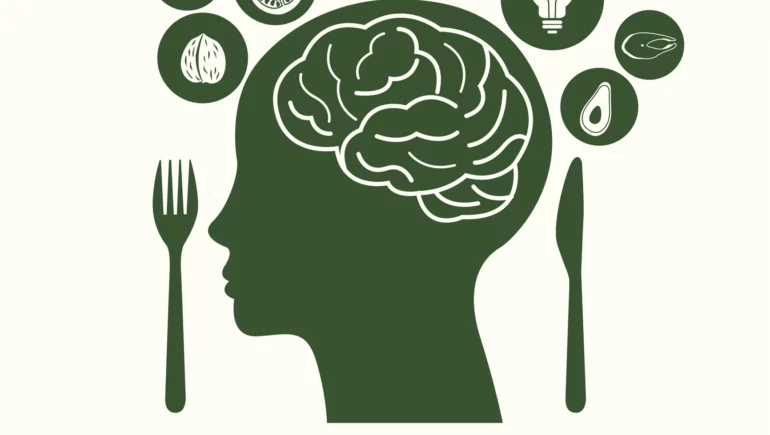Food is a universal language that communicates without speaking at all. Food is not only a source of sustenance but holds the power to positively transform our lives. Building a positive connection with food means more than merely providing for our nourishment; it also extends to emotional health.
Avoid Restrictions
Most unhealthy relationships with food begin with restrictions. You may categorize particular foods with too many calories or sugar. However, constraints cause you to let food dominate you rather than the other way around. In order to develop a healthy connection with food, you must be able to indulge yourself and consume the meals you enjoy rather than categorizing them as “good” or “bad.” Aim for a balanced relationship that includes both nutrients and occasional treats. Give yourself permission to enjoy all types of food by liberating yourself from negative emotions.
Listen to Your Body
Our bodies are best at communicating their needs. However, with social media’s influence and diet culture’s restrictive nature towards certain foods, it’s challenging to listen to your body’s signals. Contrary to popular belief, eat when you feel hungry, listen to your body’s cravings. Address the reasons behind the cravings rather than suppressing them. Cravings can communicate specific nutrient needs.
Be Mindful
Avoid the tendency to overeat or undereat, by eating till you’re satisfied. Observe how different foods influence your energy levels. Certain foods have the power to help you feel energized while others serve as unhealthy cravings that trigger mood swings. Pay attention to your body’s language. Body language in terms of food includes factors from digestion to skin. Paying attention to these cues allows you to discover whether you’re eating for comfort or turning towards food for stress relief. This will help you to develop healthy alternative coping methods that don’t involve overeating or undereating.
Prepare Your Meals
Pursue an active role in preparing your meals. Cooking your own meals helps you to be in control around food as you are able to control ingredients, portions, etc. Although fast food is a more practical option for those with busy schedules, eating home-cooked meals at least a few times a week can help you develop a positive relationship with food. Preparing meals means control over ingredients, so prioritize fresh foods over added sugars and fats. You also reduce your consumption of processed foods which are packed with artificial additives that have harmful long-term effects on your body. Preparing meals at home allows you to maintain a balanced approach towards food.
Building a healthy relationship with food helps you to control food rather than it overtaking you. A healthy relationship involves making mindful choices and exploring different mindsets. Taking charge of your nutrition cultivates outcomes beyond mere sustenance.


